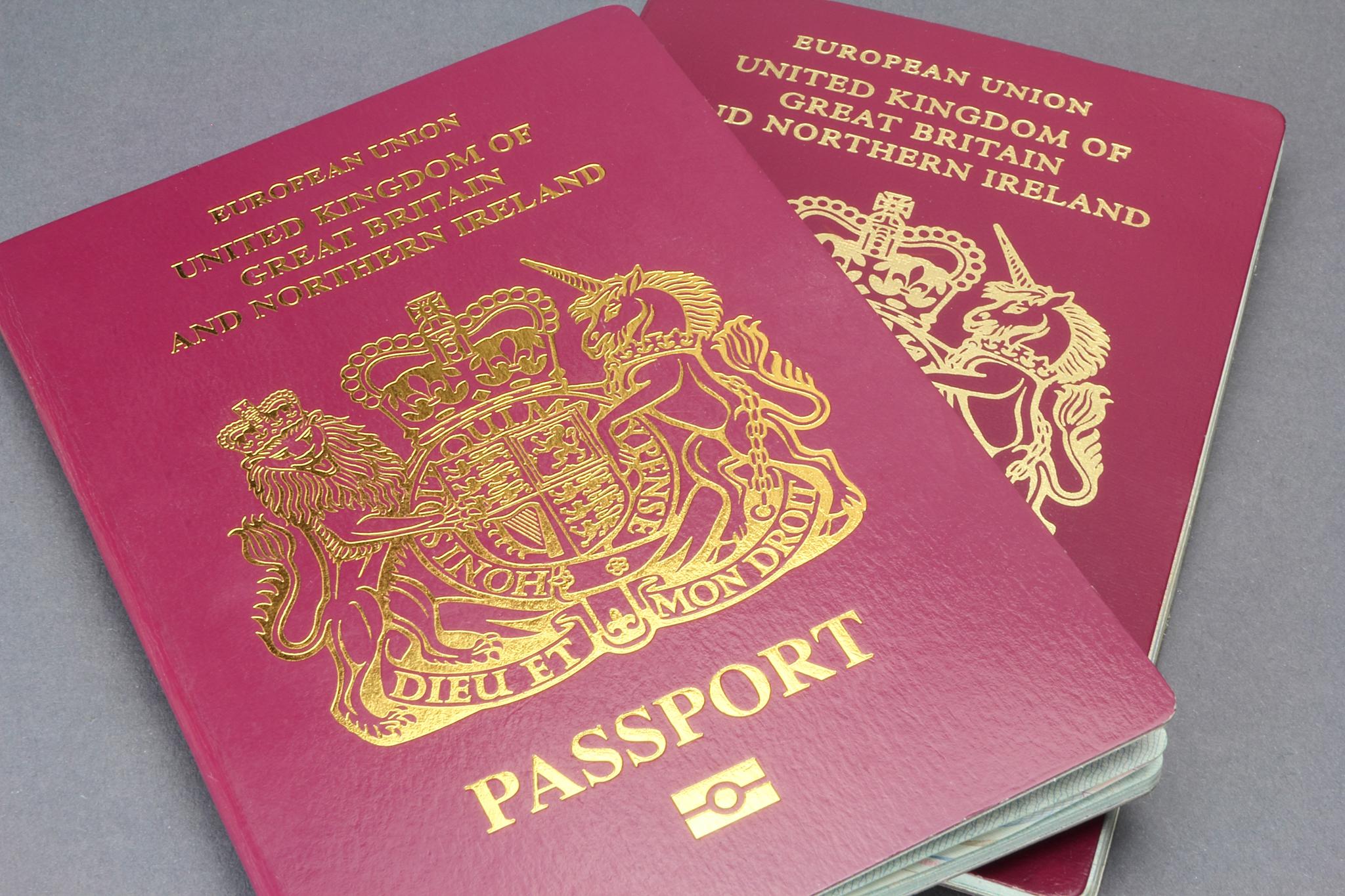What does Brexit mean for UK passport holders?
A re-design and weaker provisions – but you'll probably get to hold onto the little booklet you've already got

Your support helps us to tell the story
From reproductive rights to climate change to Big Tech, The Independent is on the ground when the story is developing. Whether it's investigating the financials of Elon Musk's pro-Trump PAC or producing our latest documentary, 'The A Word', which shines a light on the American women fighting for reproductive rights, we know how important it is to parse out the facts from the messaging.
At such a critical moment in US history, we need reporters on the ground. Your donation allows us to keep sending journalists to speak to both sides of the story.
The Independent is trusted by Americans across the entire political spectrum. And unlike many other quality news outlets, we choose not to lock Americans out of our reporting and analysis with paywalls. We believe quality journalism should be available to everyone, paid for by those who can afford it.
Your support makes all the difference.It’s one of the clearest reminders that we live in the EU: the big “European Union” at the top of our passports. That text will be no more.
Though our passports are issued by the British Government, our decision to leave the union will mean huge changes not just to how the passports look, but also the powers that they have.
It isn’t clear what exactly will happen to passports in the short term. They will presumably need to undergo a redesign, but the Passport Office hasn’t commented on whether or not people will have to buy a new one to get up to date.
It’s likely that all old passports will continue to be valid until they come to be renewed, at which point we will presumably be given one with a new design.
The passports gain much of their power through our arrangements with the EU – primarily through freedom of movement, which means that people don’t need to get visas to travel – but they are still issued by the UK government, so should remain valid for their term, or as long as that government exists.
Some people do already have British passports that aren’t EU passports – those people who live in places that make them British citizens, but aren’t part of the union.
And it’s likely that everyone will get to continue with their old passports for at least a couple of years, as Britain and the EU work out the terms of their breakup. David Cameron has signalled that the proceedings won’t officially begin until a new prime minister is elected, and they are set to take as long as two years.
More metaphorically, business might be hit by the loss of their “EU passport”. That lets companies that are registered in one country in the EU operate across the rest – and is likely to cause far more problems than the changes that affect the passport in your pocket.
Join our commenting forum
Join thought-provoking conversations, follow other Independent readers and see their replies
Comments